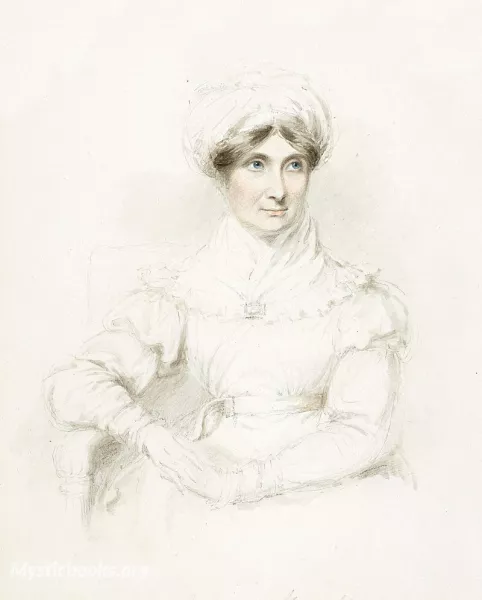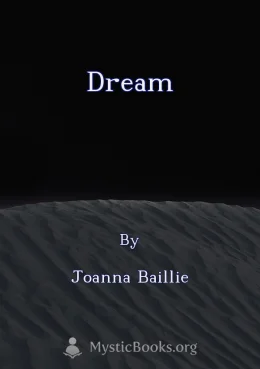
Timeline
Title
Country/Nationality
Joanna Baillie
Joanna Baillie (11 September 1762 – 23 February 1851) was a Scottish poet and dramatist, known for such works as Plays on the Passions (three volumes, 1798–1812) and Fugitive Verses (1840). Her work shows an interest in moral philosophy and the Gothic.
Baillie was born in Bothwell, Scotland, to a family of clergymen. She was educated at home by her father and her brother, Dr. Matthew Baillie, a well-known physician. Baillie began writing poetry at a young age, and her first collection of poems, Fugitive Verses, was published in 1840.
In 1798, Baillie published her first book of plays, Plays on the Passions. The book was a critical and commercial success, and it established Baillie as a major figure in British theater. The plays in Plays on the Passions are all based on a single emotion, such as anger, fear, or jealousy. Baillie's plays were praised for their psychological insights and their realistic portrayal of human emotions.
Baillie continued to write plays and poetry throughout her life. Her other notable works include The Tryal (1800), The Family Legend (1810), and The Siege of Besieged (1820). Baillie also wrote several essays on moral philosophy and the Gothic.
Baillie died in 1851 at the age of 88. She is remembered as one of the most important Scottish poets and dramatists of the 18th and 19th centuries. Her work has been praised for its originality, its psychological insights, and its realistic portrayal of human emotions.
Principles
Baillie was a strong believer in the power of art to educate and improve society. She believed that art could be used to explore moral and philosophical issues, and to promote social change. Baillie's plays often deal with difficult subjects, such as violence, poverty, and prejudice. However, Baillie always finds a way to end her plays on a hopeful note. She believed that art could inspire people to be better, and to work for a better world.
Famous for
Baillie is most famous for her Plays on the Passions, which are a collection of 25 plays that explore a single emotion in each play. The plays are praised for their psychological insights and their realistic portrayal of human emotions. Baillie is also known for her poetry, which is often characterized by its simplicity and its focus on everyday life.
Notable Works
In addition to Plays on the Passions and Fugitive Verses, Baillie's other notable works include:
- The Tryal (1800): A play about a woman who is falsely accused of murder.
- The Family Legend (1810): A play about a Scottish family torn apart by the Jacobite Rebellion.
- The Siege of Besieged (1820): A play about a group of people who are trapped in a castle during a siege.
Philosophy
Baillie's philosophy was based on the belief in the power of art to educate and improve society. She believed that art could be used to explore moral and philosophical issues, and to promote social change. Baillie's plays often deal with difficult subjects, such as violence, poverty, and prejudice. However, Baillie always finds a way to end her plays on a hopeful note. She believed that art could inspire people to be better, and to work for a better world.
Death and Legacy
Baillie died in 1851 at the age of 88. She is remembered as one of the most important Scottish poets and dramatists of the 18th and 19th centuries. Her work has been praised for its originality, its psychological insights, and its realistic portrayal of human emotions. Baillie's plays are still performed today, and her poetry is still read and enjoyed by people all over the world.
Books by Joanna Baillie

Orra
"Orra is a young woman who is cursed with the power of second sight. She can see into the future, but her visions are often dark and disturbing. Orra is determined to use her gift to help others, but she soon finds herself caught up in a web of viole...

Kitten
The Kitten is a delightful and charming poem about the playful antics of a young cat. The poem captures the kitten's innocence, energy, and curiosity as it explores its surroundings and interacts with its mother. Through vivid imagery and playful lan...

Dream
The Dream is a gothic, proto-Lynchian meditation on fear, guilt, and the prophetic power of dreams. In the cloistered confines of a Swiss monastery, a small group of monks share the same prophetic dream: an ominous figure reaches out to them with a c...